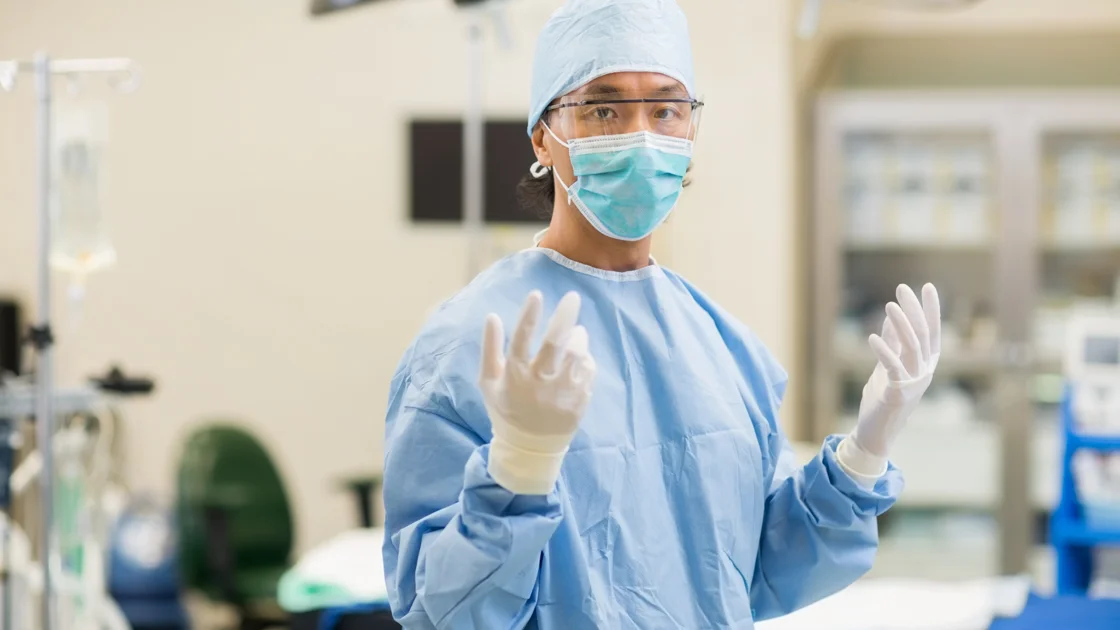How to Maintain Healthy Working Behaviour
When you are exposed to bullying or abusive behaviour at work there will be established pathways within your hospital and Health Board for you to report the bullying activity with an aim to bringing some resolution of the conflict.
It is also unfortunate that many of these pathways may lead to long delays in the bullying or abusive behaviours being addressed or that you may not feel safe or empowered to report the bullying and abusive behaviours.
In these circumstances it may be helpful to consider some of your options to help protect yourself from the detrimental effects of being bullied and abused in your workplace.
Below are outlined some options that you may be able to instigate yourself to preserve and promote the wellbeing of yourself (to mitigate negative effects on your colleagues, your family and your patients) during the investigative phase of your bullying complaint.
The advice below is appropriate for all grades of surgeon (trainee, SAS, Consultant) that are being bullied in the workplace and it is helpful to keep a personal contemporaneous diary of all episodes and consequences of bullying that you are exposed to.
Self Reflection
Usually you will not be the only person to have been bullied by a perpetrator. An informal peer support group can include those friends or colleagues who have also been bullied, or know about the bullying individuals/department that you are experiencing but can also include colleagues or friends who are not in your department, specialty or hospital. What is important is that you are all comfortable to talk openly within your group and that member’s respect the confidentiality of what is revealed. It can be useful to meet outside the workplace. It can be beneficial to know the location of a central 24-hours fast-food restaurant where informal meetings can occur outside of office hours and at short-notice in a ‘crisis’ moment. The basic benefit of an informal peer support group may be just to hear others reassure you that the bullying activity ‘is not your fault’.
Every Health Board will have an Occupational Health Department. If you are feeling unwell, stressed, anxious or depressed by bullying at work then you should self-refer yourself to your hospital’s Occupational Health Department. By self-referring you can retain your confidentiality right of the Occupational Health department not to share your clinic attendances and outcomes with your departmental management team. However, if you are requested to attend Occupational Health by your clinical leaders or management team then Occupational Health may be obligated to keep the referring managers informed of your attendances and outcomes.
Outside of the workplace you can seek help from your GP if you feel that your mental or physical health is being impaired by the bullying at work. Your trade union (e.g. the BMA) will have counsellors and staff to support and represent you at meetings with your employer about the bullying activity that you are experiencing.
What Can You Do?
The page offers guidance on addressing bullying and harassment in the workplace.
Find out more
Managing Criticism
Receiving criticism from our colleagues can be one of the most difficult aspects of practising medicine. It threatens confidence, can lead to feelings of shame and regret, and can disrupt doctor-patient and doctor-doctor relationships. In many cases, however, the criticism may be well-intentioned and designed to optimise patient care, and so all doctors should strive to manage personal criticism effectively. When delivered by effective communicators, negative feedback can be a very useful educational opportunity.
It is often tempting to try and offer an immediate defence when receiving criticism. This can be represented by anger, denial and rejection or by making comments that you later regret. Try to avoid making an immediate defence and take time consider the criticism that has been made.
If, on reflection, you feel the criticism may be justified and / or well-intentioned:
It is important to remember that doctors may also find it difficult to give criticism, but may feel obliged to do so in order to protect patients. Accordingly they may feel reticent and may only offer brief details of their concern. Invite them to give as much detail as possible and be in full possession of the facts before considering a response. Effective learning is only likely if the feedback is comprehensive, intelligible and trusted.
Establish how you could do things differently in future. Set learning objectives to help you achieve the necessary changes to your practice. Revisit the situation with your clinical supervisor once you feel you have learnt from the criticism and take the opportunity to demonstrate that you are able to manage negative feedback in a mature and useful fashion.
Thanking the person that criticises you may be instinctively difficult, but will show them that you are serious about self-improvement and optimising patient care, rather than becoming defensive and rejecting their well-intentioned advice.
Self-reflection is now a requirement of most training programmes and is stated as one of the GMC’s Duties of a Doctor. This usually takes the form of written reflective pieces submitted to online portfolios. Ensure that you follow the Academy of Medical Royal College’s guidance on entering information into ePortfolios[1].
[1]AoMRC. Guidance for entering information onto ePortfolios (2016). Last accessed 7th January 2018 at http://www.aomrc.org.uk/publications/reports-guidance/academy-guidance-e-portfolios/
If, on reflection, you feel the criticism is unjustified and / or ill-intentioned:
A neutral third party may offer a different view of the criticism, and may disagree that it was unjustified and / or ill-intentioned. They could suggest ways in which the advice could be used productively. If they agree that the criticism is unfair or has been inappropriately delivered (i.e. in a way designed to undermine or intimidate) then consider a discussion with a senior colleague such as an educational or clinical supervisor.


